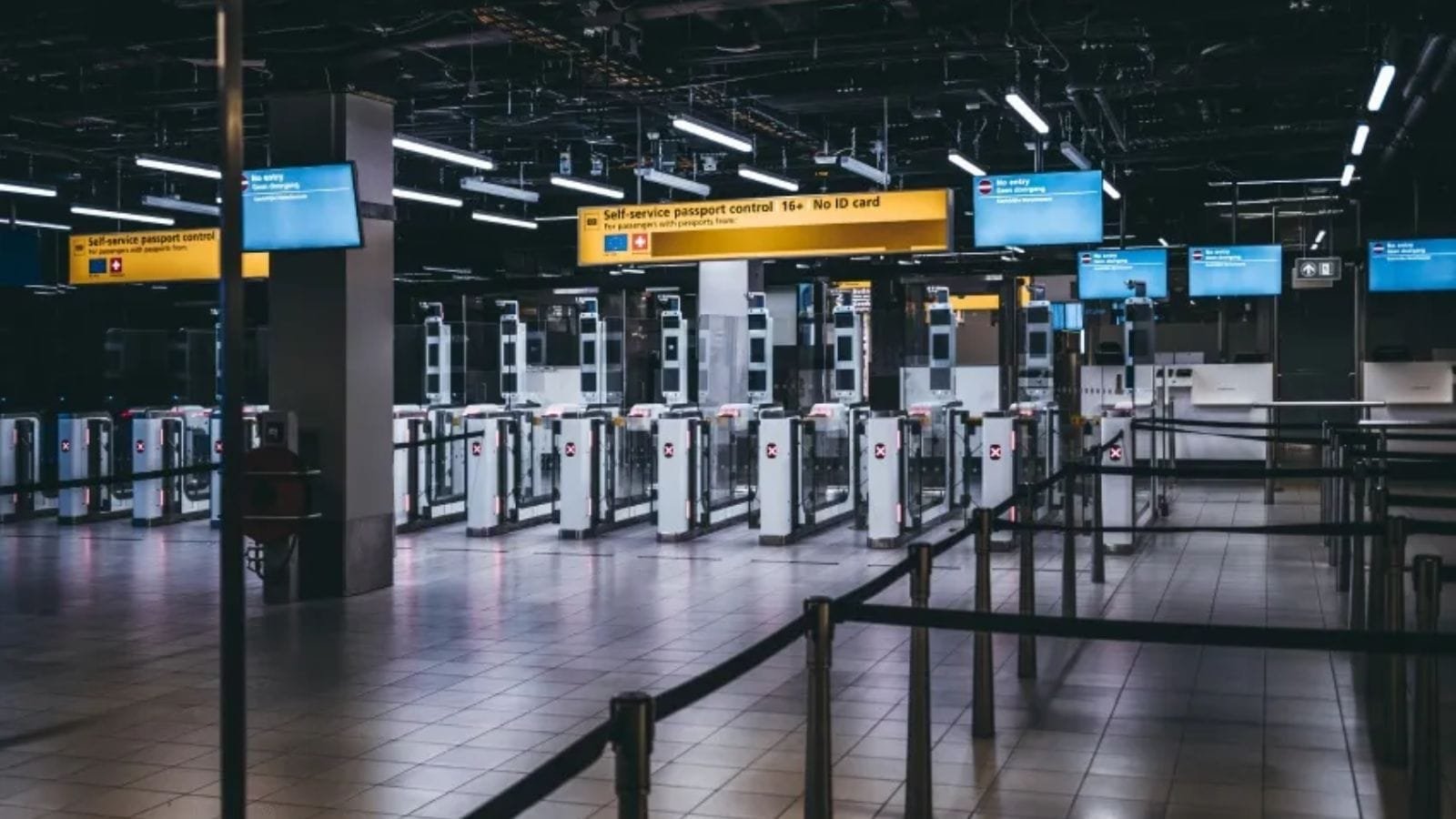 In a high-voltage address in Gaya, Prime Minister Narendra Modi launched a direct and forceful attack on the opposition, asserting that only “corrupt politicians” are opposing the newly introduced Constitutional Disqualification Bill.
In a high-voltage address in Gaya, Prime Minister Narendra Modi launched a direct and forceful attack on the opposition, asserting that only “corrupt politicians” are opposing the newly introduced Constitutional Disqualification Bill.
The Prime Minister’s remarks came as he inaugurated a slew of development projects worth over ₹13,000 crore, setting the tone for the upcoming assembly elections in the state.
The Disqualification Bill, recently introduced in Parliament by the government, seeks to prevent individuals holding high constitutional offices—such as the Prime Minister, Chief Ministers, and other ministers—from running their governments from jail if they are arrested. The bill proposes that if a public official fails to secure bail within 30 days of arrest, they will be automatically disqualified from their position.
Addressing a massive rally, PM Modi framed the bill as a crucial step towards political integrity and a moral victory against a “dynastic and corrupt” opposition. “We have brought a law that says if a minister or a chief minister is in jail, they cannot continue to run the government,” he declared to a cheering crowd. “On one hand, the government is committed to eradicating corruption from the country, and on the other, the entire opposition is against this bill. Why? Because they want to be above the law. They believe they have the right to run governments from behind bars. Their opposition to this bill proves one thing: only corrupt politicians are scared of it.”
The Prime Minister’s speech was part of a larger push to highlight his government’s commitment to good governance and development, drawing a sharp contrast with what he referred to as the “jungle raj” of previous administrations in Bihar. He emphasized that the bill was not just a legal reform but a fundamental move to restore public faith in the political system, which has been eroded by cases of leaders governing from prison. The BJP aims to use this narrative as a key pillar of its election campaign, portraying itself as the champion of clean politics and the opposition as a group protecting its vested interests.



